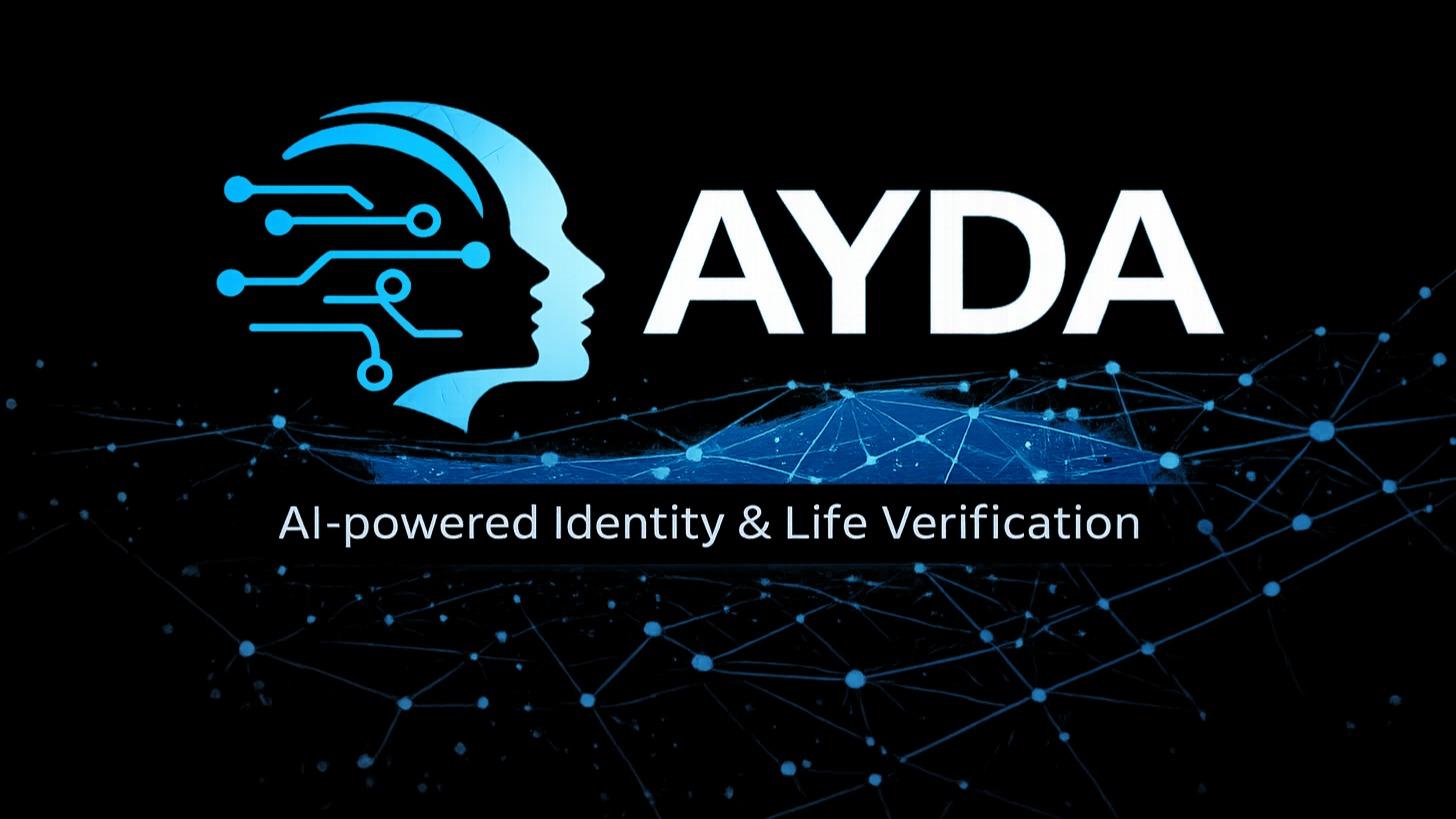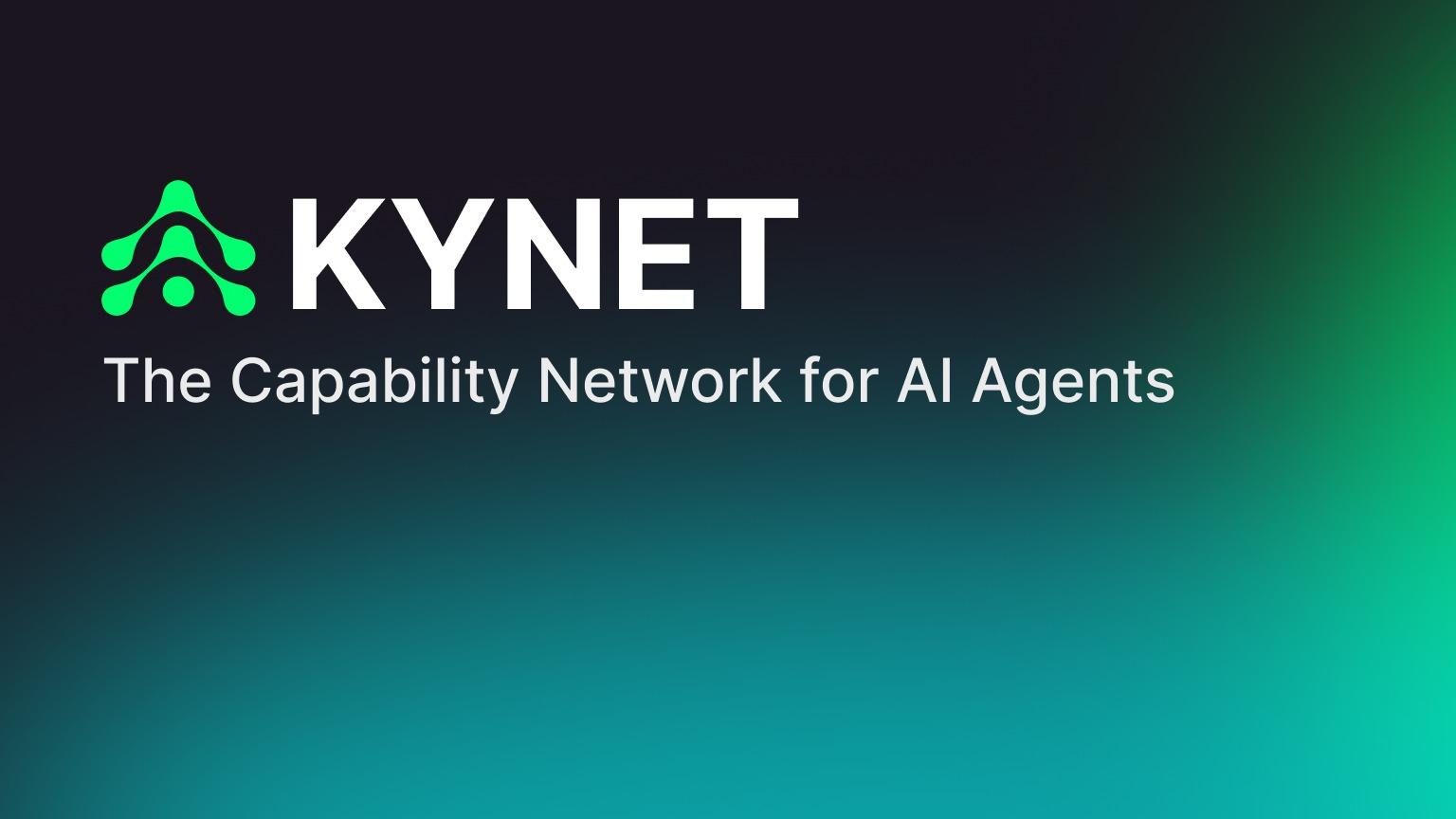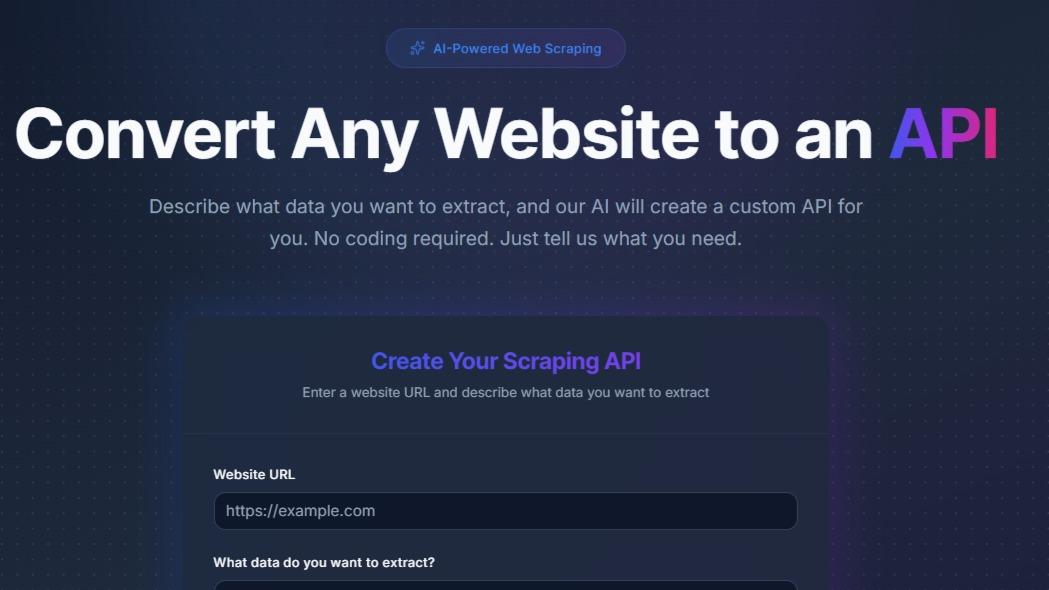Top Builders
Explore the top contributors showcasing the highest number of app submissions within our community.
Pinecone: Next-Gen Vector Similarity Search
Pinecone is a cutting-edge technology provider specializing in vector similarity search. Founded in 2020, Pinecone offers a scalable and efficient solution for searching through high-dimensional data.
| General | |
|---|---|
| Author | Pinecone |
| Repository | https://github.com/pinecone-io |
| Type | Vector database for ML apps |
Key Features
- Swiftly finds similar items in vast datasets, providing precise results for recommendations and searches
- Offers near-instant responses, ideal for applications needing quick feedback
- Integrates into existing applications with minimal setup
- Handles large datasets and ensures consistent performance as data grows
Start building with Pinecone's products
Pinecone offers a suite of products designed to streamline vector similarity search and accelerate innovation in various fields. Dive into Pinecone's offerings and unleash the potential of your data-driven applications. Don't forget to explore the apps created with Pinecone technology showcased during lablab.ai hackathons!
List of Pinecone's products
Pinecone SDK
The Pinecone SDK empowers developers to integrate vector similarity search capabilities into their applications seamlessly. With easy-to-use APIs and robust documentation, developers can leverage the power of Pinecone's technology to enhance search experiences and unlock new insights.
Pinecone Console
The Pinecone Console provides a user-friendly interface for managing and querying vector indexes. With intuitive controls and real-time monitoring features, users can efficiently navigate through vast datasets and optimize search performance.
Pinecone Hub
Pinecone Hub is a centralized repository of pre-trained embeddings and models, offering a treasure trove of resources for accelerating development cycles. From image recognition to natural language processing, Pinecone Hub provides access to a diverse range of embeddings for various use cases.
System Requirements
Pinecone runs on Linux, macOS, and Windows systems, needing a minimum of 4 GB RAM and sufficient storage for datasets. A multicore processor is recommended for optimal performance, with stable internet for cloud access. Modern browsers with JavaScript support are necessary, while GPU acceleration is optional for enhanced performance.
Pinecone AI technology page Hackathon projects
Discover innovative solutions crafted with Pinecone AI technology page, developed by our community members during our engaging hackathons.





